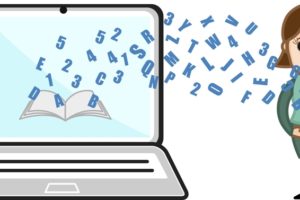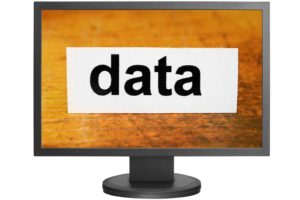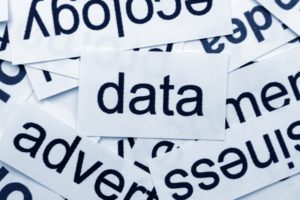One has to acknowledge that Big Data has much potential in business matters and requires much attention in collecting and utilizing it for business development and growth. It is for several purposes and even in official statistical matters, it has a major role to play.
Big data indeed does have the potential to play a significant role in complementing official statistics. It cannot be negated at any cost and needs to be given much importance in matters of statistics. The usage of Big Data has to be explored well and then be utilized to its full potential.
Role of Big Data in Official Statistics
The statistical community has gathered around an increasing obligation to be able to explore the use of new data sources in order to meet the society’s expectation for rather enhanced as well as timely information products to be able to enable effective policy making.
In March 2014, the UN Statistical Commission did establish a global working group that was mandated to provide strategic vision, direction, and coordination of a global program on Big Data for official statistics.
One has to observe how big data can be used for official statistics. One has to also understand how big data can be used for contributing to indicators on the Sustainable Development Goals.
The potential of new data sources does reside in the timely and at times real-time, availability of large amounts of data, which are usually generated at minimal cost. The statistical community is rather conscious of the fact that before introducing this data into official statistics and also to take advantage of these given innovative sources, which include their application to the monitoring as well as reporting on the SDGs, it does need to be adequately address issues that are pertaining to methodology, representativeness, quality, technology, data access, legislation, privacy, management as well as finance, and also provide adequate cost-benefit analyses.
This is why the GWG Big Data for statistics was born. In an era of spending cuts and pressing development and humanitarian challenges, the potential rewards of using new data in statistics for development and humanitarian action are huge. Beginner’s Guide To Game AI
Big data represents an opportunity to generate real-time information products, while official statistics bring a depth of detail and representation through validated surveys and censuses. The joining of the two can no doubt deliver interesting results, but reaping the benefits is not all that easy.
It is therefore important for the statistics community and also partnering with private sector partners to access big data sources. The effort has to be geared towards initiating and collaborating with non-governmental organizations, the private sector, and research groups.
The particular angle that statisticians do look at while discussing big data is how it can be used to increase frequency and granularity in order to monitor progress on various targets.
Combining new information sources and traditional ones are meant to achieve powerful outcomes for 2030 agenda rather more efficiently and effectively, and ensure that no one is left behind. This is what the data revolution for sustainable development is all about.




